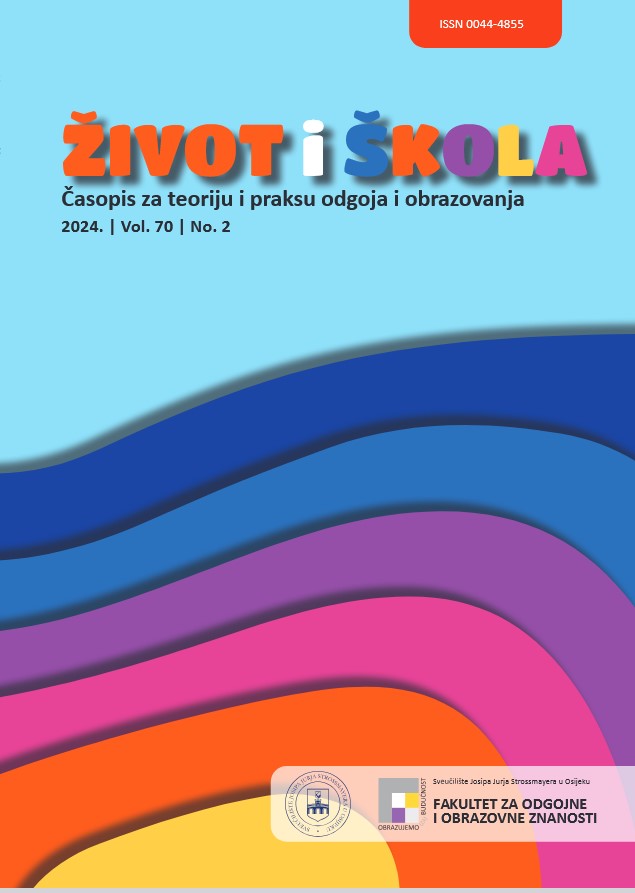THE TEACHERS’ PERCEPTION OF THE STRUCTURED LEISURE TIME SPENT BY ELEMENTARY SCHOOL CHILDREN AND THE ROLES ASSUMED BY THE TEACHERS AND THE PARENTS IN THE UPBRINGING AND EDUCATION OF CHILDREN
DOI:
https://doi.org/10.32903/zs.70.2.2Keywords:
shorter educational program; competence development; parents; classroom teachers; rolesAbstract
The research aims to survey the attitudes of classroom teachers referring to the significance and the consequences of including children in structured forms of free time; and to explore the teacher’s perception of the roles taken over by teachers and parents in relation to the upbringing and education of the child. The research was conducted using a survey questionnaire in an online form. There were 226 classroom teachers who participated in the research and they were of different seniority, employed in urban, rural and suburban schools, located in all the counties in the Republic of Croatia. The majority of teachers consider the inclusion of children in structured forms of free time as important (34.1%) and very important (23.0%). The main reasons why they consider it important, the teachers state that children acquire new knowledge and skills there, they develop work habits and self-confidence. About half of the teachers agree that children involved in shorter educational programs have a richer vocabulary, show better reading skills and show a greater interest in storytelling and creating stories. In relation to the roles that teachers and parents assume regarding upbringing and education, teachers believe that they mostly encourage children to develop reading and language competence and to develop the skills to create positive relationships with others. On the other hand, they believe that parents contribute the most to the development of the skills of creating positive relationships with others, to thedevelopment of co munication skills and to the development of language competences. In relation to the roles that teachers assume, they believe that they mostly assume the roles of teachers, models and pointers, while parents assume the roles of advisers, organizers and teachers.


